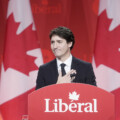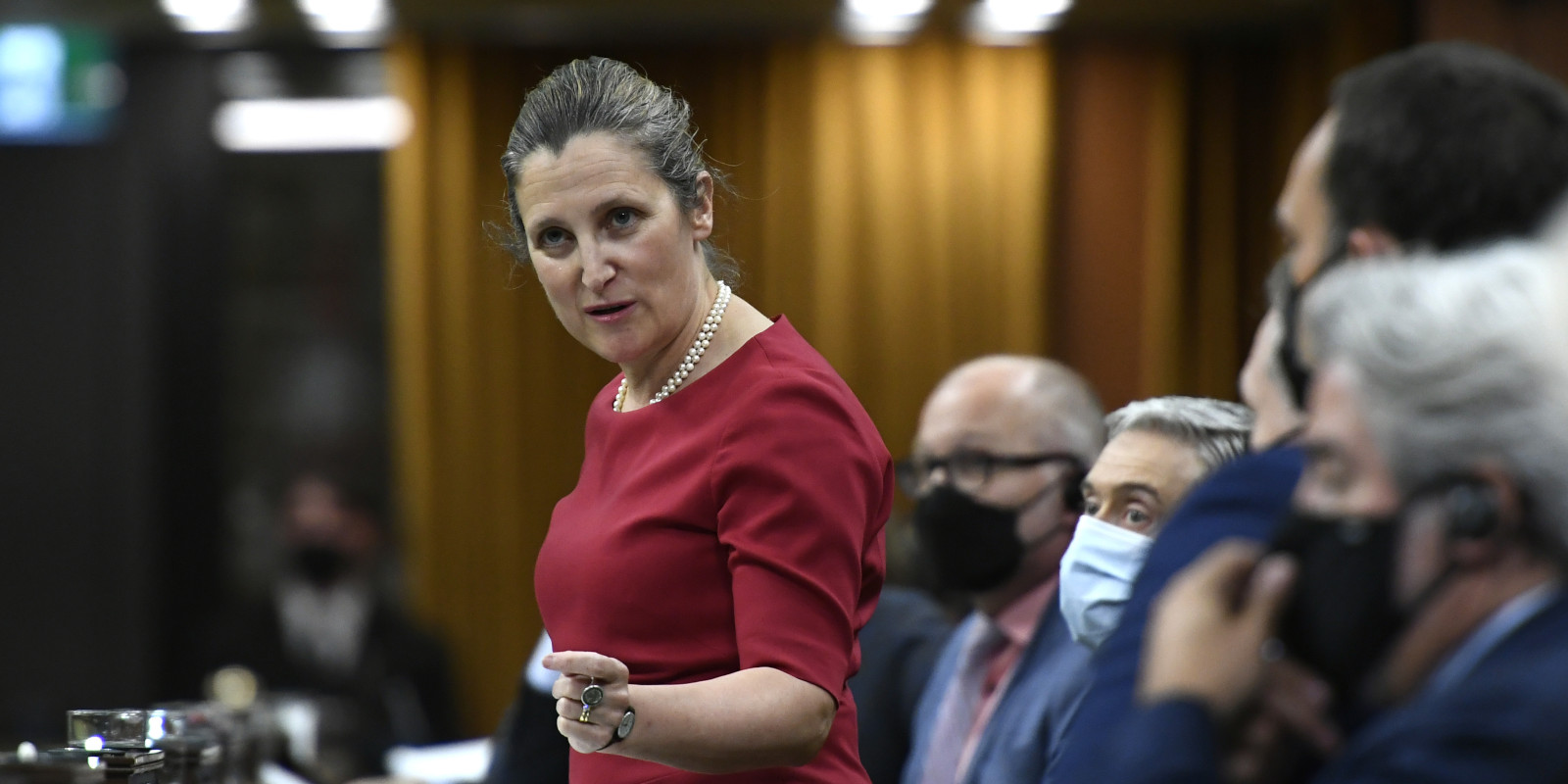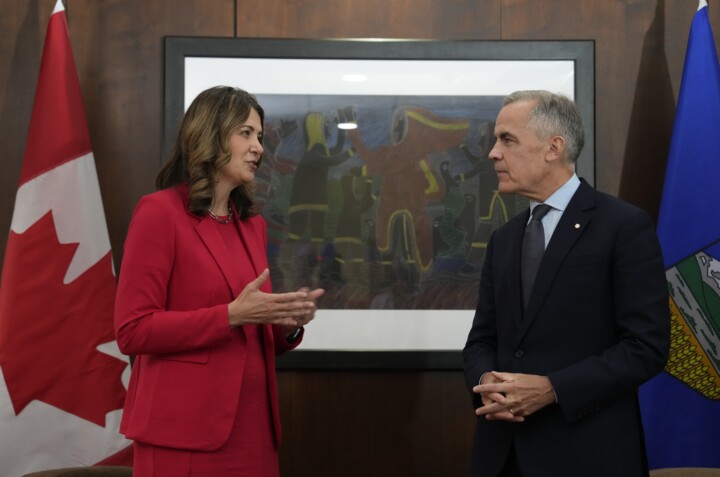More than a third of Canadians say they are struggling to cope financially due to surging gas prices in the country, according to a recent poll conducted for The Hub.
While 34 percent of Canadians are feeling the squeeze, Finance Minister Chrystia Freeland announced a batch of measures she said would ease the strain on households, including increases to the Canada Child Benefit, Old Age Security, the Canada Housing Benefit, and the Canada Workers Benefit.
The survey found that 73 percent of Canadians describe the cost of living and inflation as the most important issue right now, particularly women and younger Canadians. The online survey was produced by Public Square Research and The Hub and conducted with the Leger Opinion (LEO) online panelClick the link to join the Leger Opinion online panel and get your voice heard in surveys like this..
Freeland acknowledged on Thursday that Canadians are nervous about the economy, despite robust employment numbers and post-pandemic economic growth.
“If the data is so rosy—if the rebound is so strong—why don’t we feel very good? Why are Canadians so worried? Everyone here knows the answer: inflation,” said Freeland, in a speech to the Empire Club in Toronto.
Freeland blamed a variety of external factors for the spike in inflation, including China’s COVID-zero policies and the Russian invasion of Ukraine, and noted that price increases were higher in some other countries like the U.K. and the U.S.
“We have been through two years of remarkable turbulence. Our challenge now is to land the plane. A soft landing is not guaranteed,” said Freeland.
Freeland said the $8.9 billion spending package would “tackle inflation and make life more affordable for Canadians,” but also promised the “fiscal hawks” in the room that the government would also show fiscal restraint.
The opposition parties were scornful of the measures, most of which were already announced in the budget this year.
Pierre Poilievre, the frontrunner in the Conservative leadership race, has seized on these issues. Across the country, large crowds have gathered at his rallies to listen to him threaten to fire Bank of Canada governor Tiff Macklem and promise to remove the “gatekeepers” that he says are holding Canadians back.
In response to Freeland’s speech, Poilievre wrote on Twitter that the finance minister was simply pouring gas on the fire.
Instead, Poilievre said the government should end deficits, get rid of the carbon tax, and suspend gas taxes. He also reiterated his promise to replace Macklem as central bank governor.
The Hub’s poll found that 41 percent of Canadians say the gas price increases impact them, but they are able to adjust enough to get by, while only 21 percent say they don’t drive enough for gas prices to affect them. Adults between the age of 35 and 54 are most likely to be concerned about the rising cost of living and women are slightly more concerned than men.
Less-educated Canadians are more likely to be concerned about the price of gas, while those with a university degree are less concerned about gas prices and more concerned about the environment than other Canadians.
The survey asked Canadians what it means to be unable to cope, with 66 percent saying it means they don’t have any money to do the things they want to do. Nearly 40 percent said it means they are struggling to keep up with bills and 32 percent said it means they can’t afford groceries.
Eighteen percent of Canadians said inflation has made them consider looking for another job or finding a new place to live, while 15 percent said it has made their mortgage unaffordable. Three percent said they are facing bankruptcy.
The survey also shows that any lingering fears Canadians have about the COVID-19 pandemic have mostly been supplanted by the widespread increases in the cost of living. The pandemic is currently the chief concern for only 15 percent of Canadians.
The poll also sheds some light on Canada’s housing crisis. In British Columbia, 31 percent of people describe it as the most important issue, with 24 percent of Ontarians agreeing. That number falls to 10 percent in Manitoba and Saskatchewan and 5 percent in Alberta.
This survey was conducted with the Leger Opinion (LEO) online panel. If you want your voice to be heard, you can join the LEO panel today.
Recommended for You
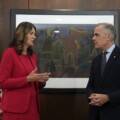
Mark Carney’s Ottawa wants to plan prosperity. Alberta would rather create it
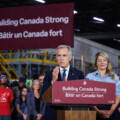
There are no minor projects, prime minister

How Canada built, then broke, the world’s best immigration system
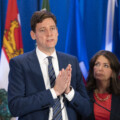
The unceded advantage: Alberta and Saskatchewan’s case for tit-for-tat federalism
